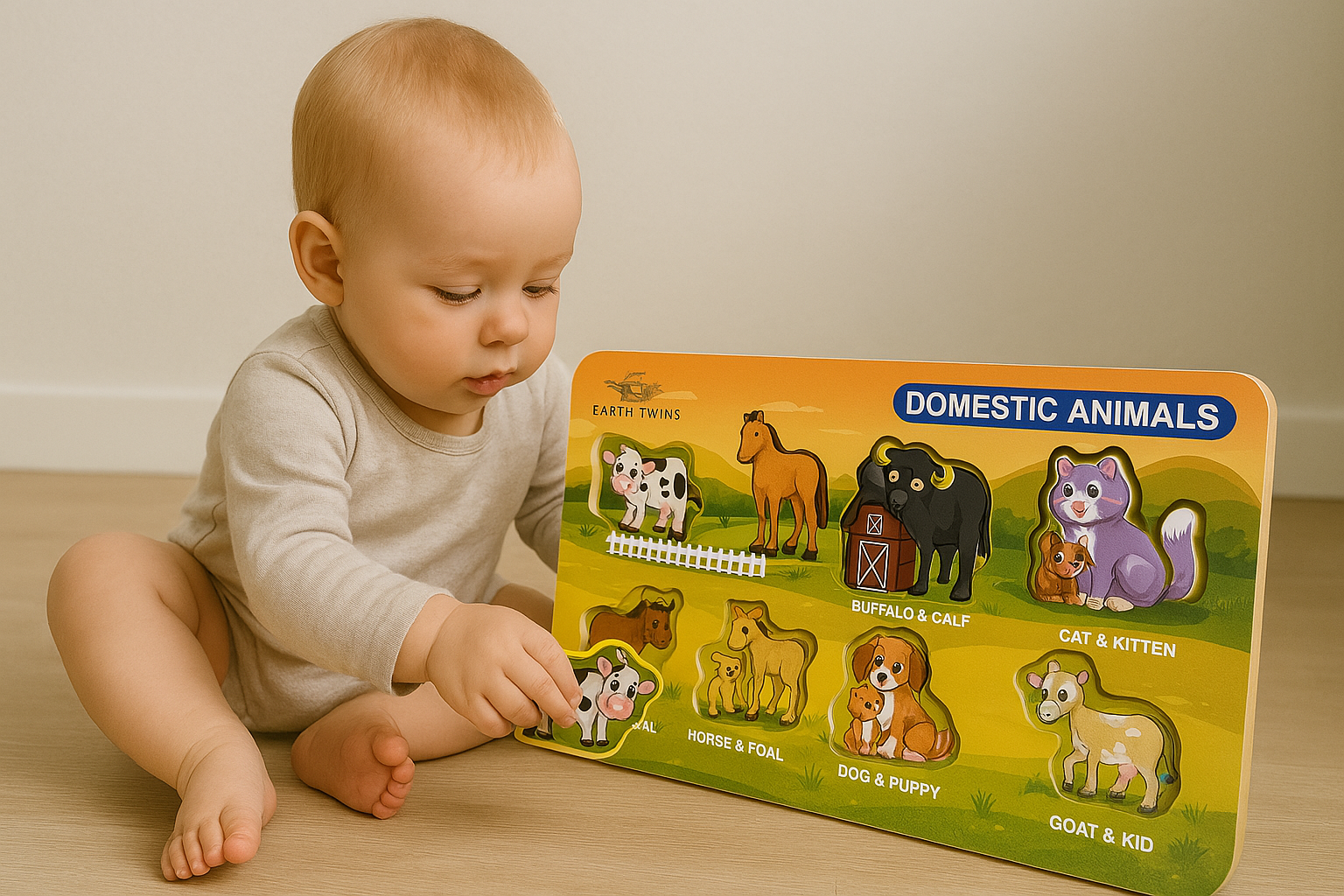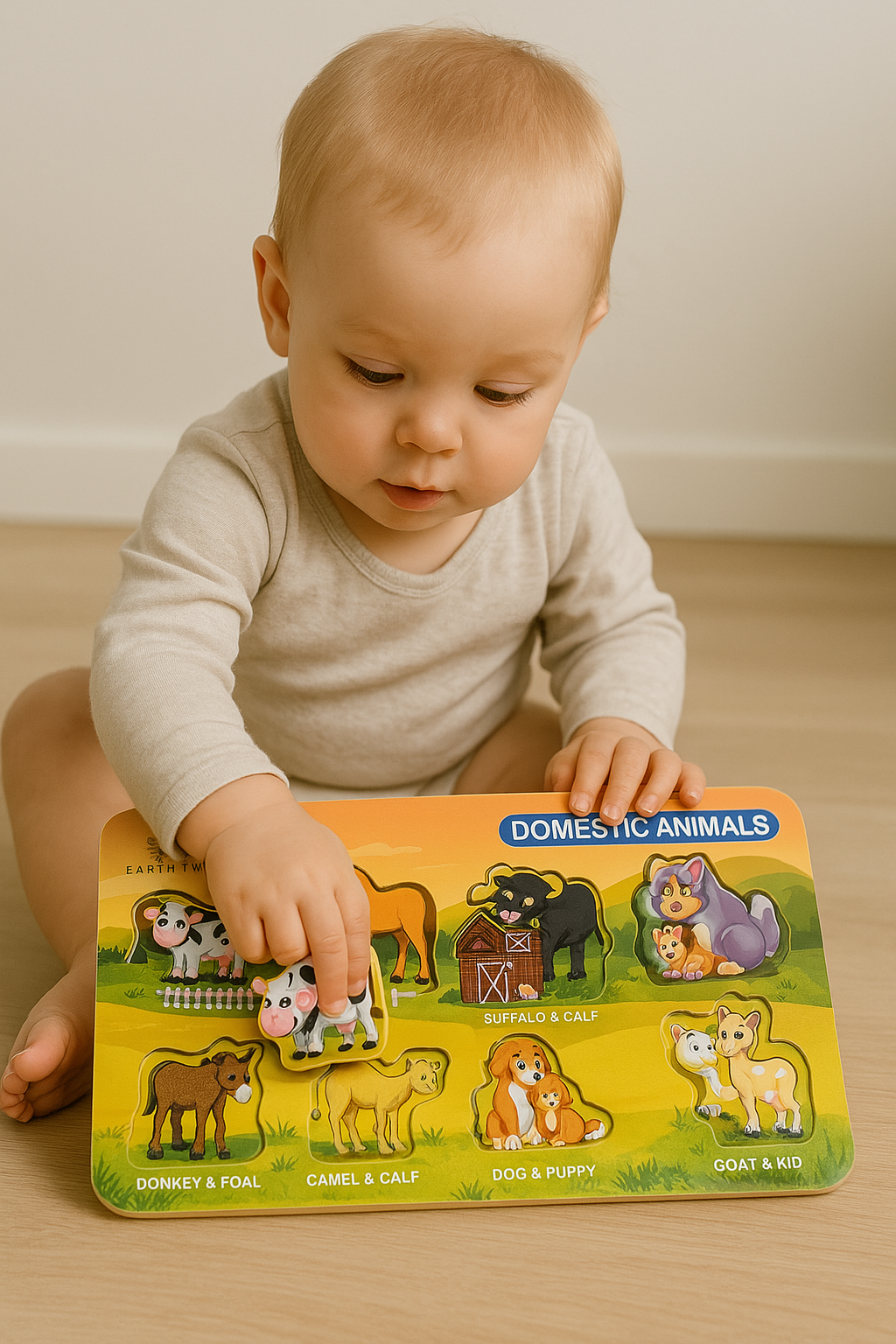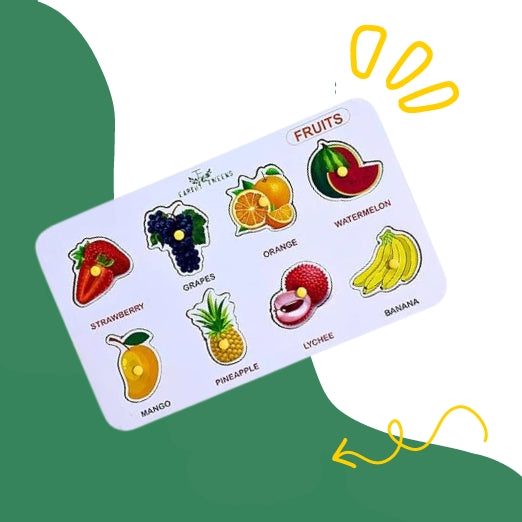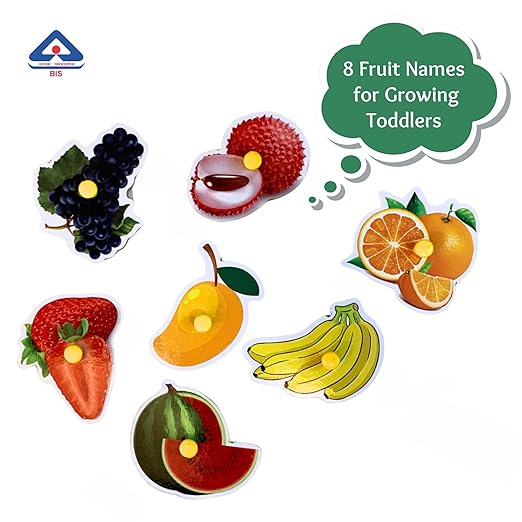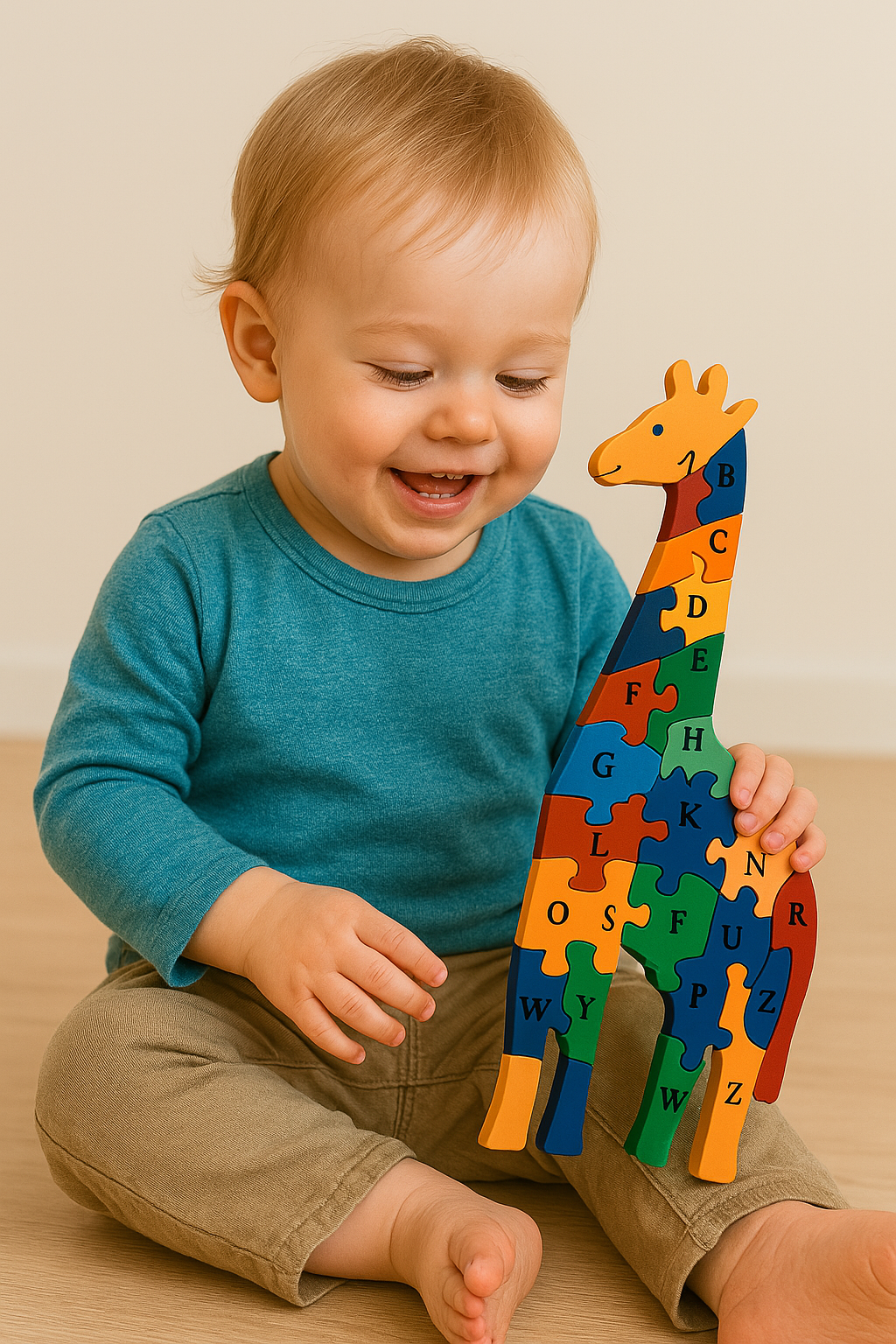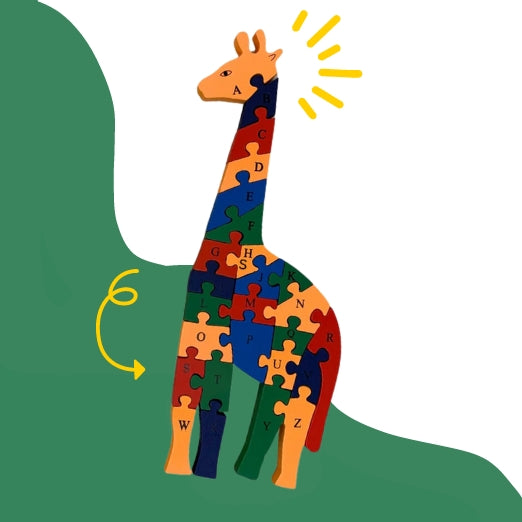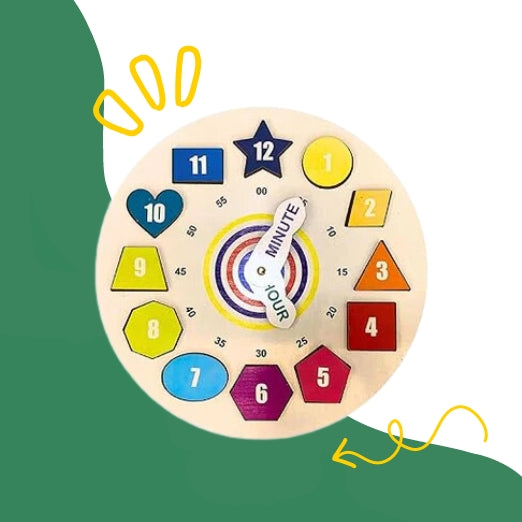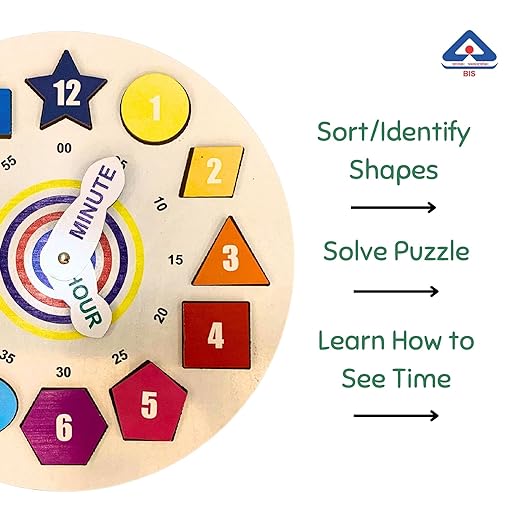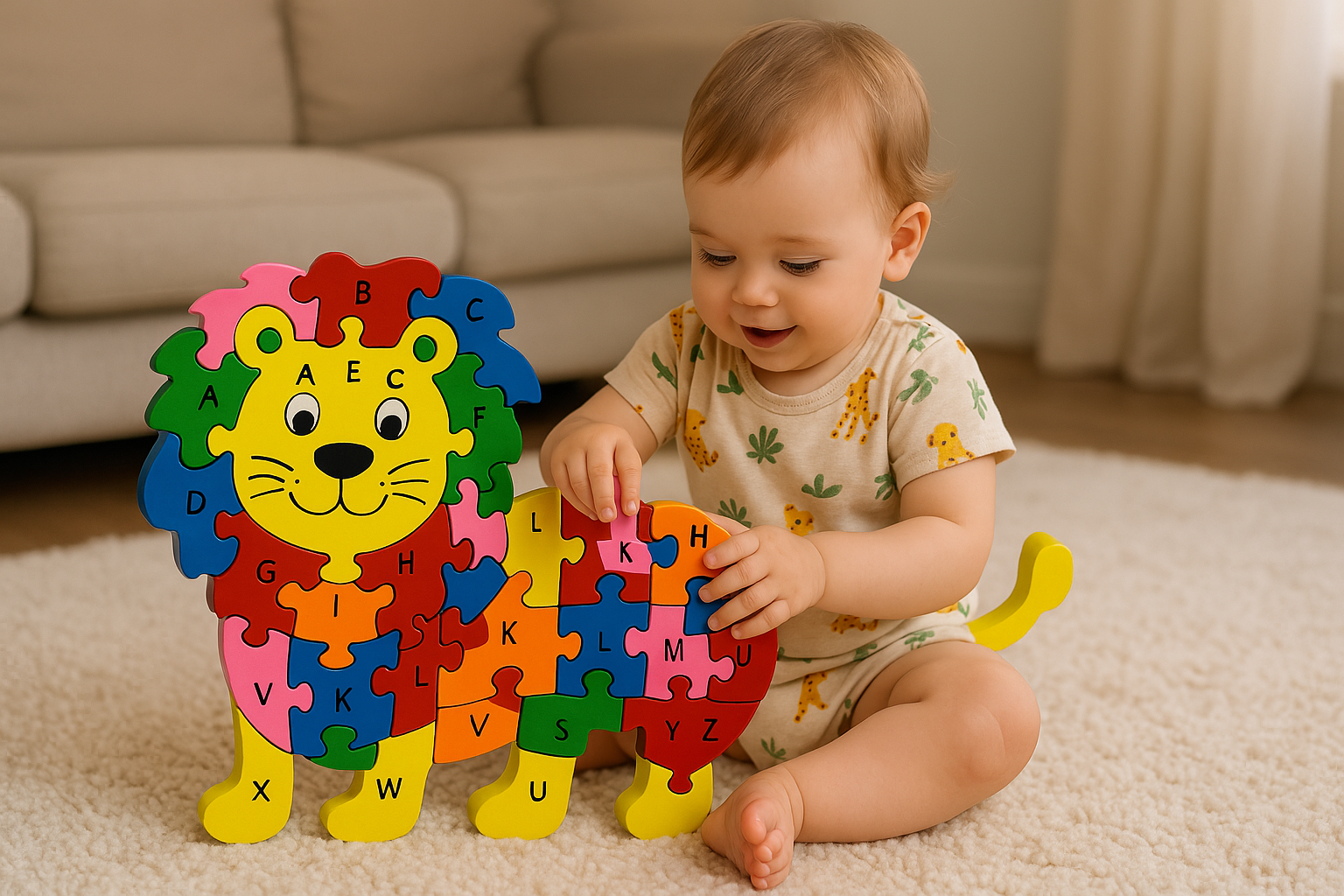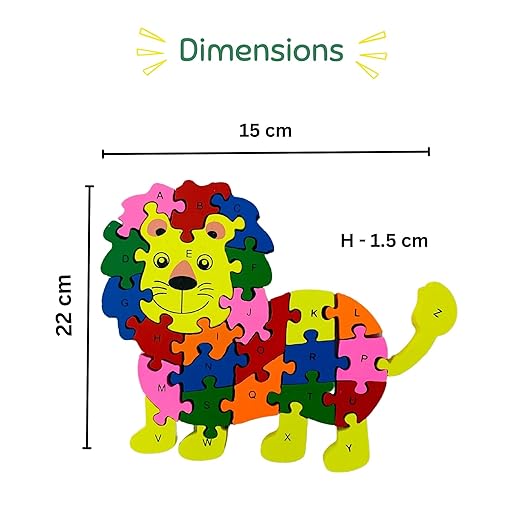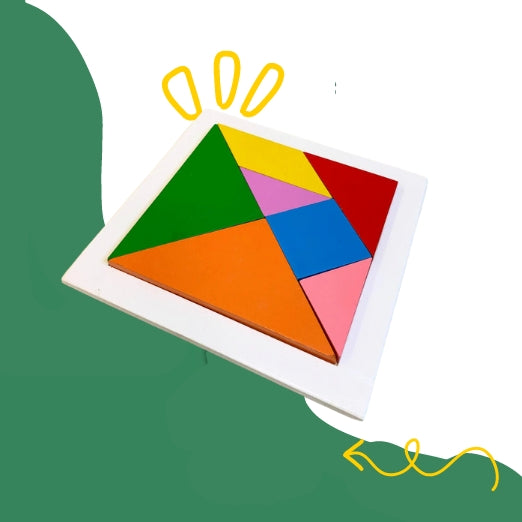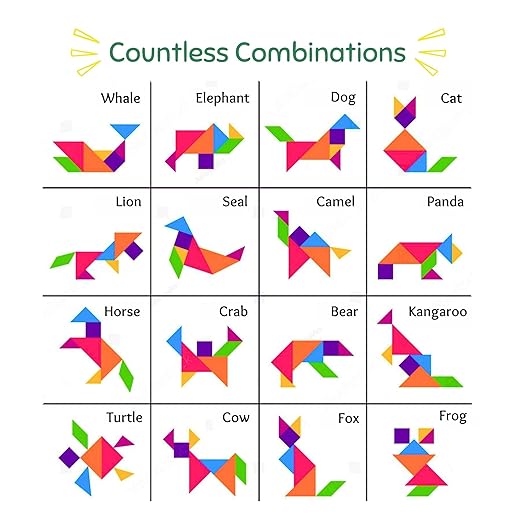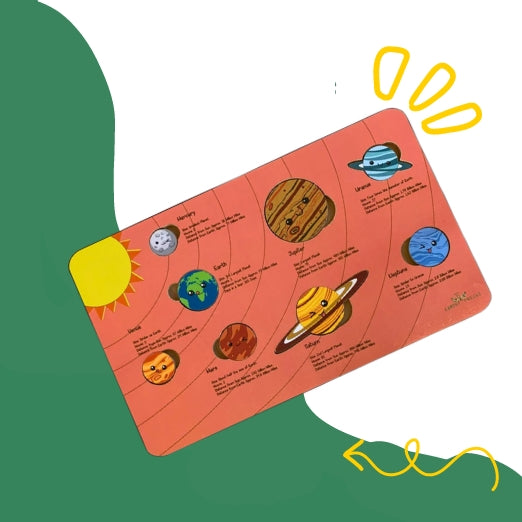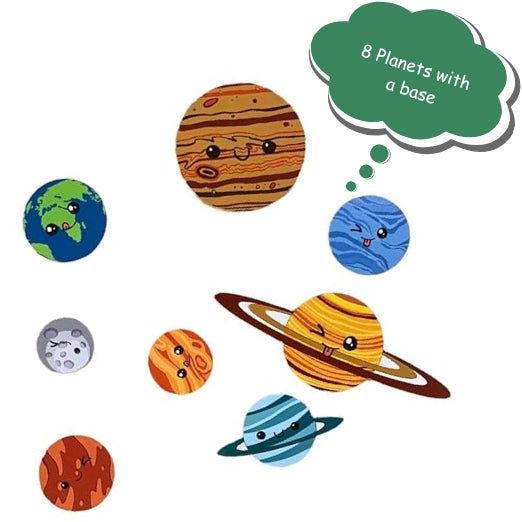Puzzles are fun but they are also an important learning tool that can be used to enhance child development. They help your child to take some time from the TV, tablets and computers, and keep their minds engaged in a healthy source of entertainment for a few hours. They challenge their young minds while helping them to relax. They are also reusable so kids can keep them to play over and over again or swop them with friends.
Hand-Eye Coordination
Puzzles encourage kids to develop their hand-eye coordination. The ability to coordinate what the eye sees, the mind wants to do and what the hands can achieve requires a lot of practice. Children learn to develop a relationship between their eyes, hands, and brains. Children also visualise how the puzzle should look when it is complete and their hands and eyes work together to achieve the final goal.
Fine Motor Skills
Puzzles help kids enhance their fine and gross motor skills. They develop strength in their finger muscles so they can grasp things and hold onto them. This results in the ability to hold onto pencils and crayons. Puzzles offer a fun way to practice this skill while encouraging independence.
Memory and Cognitive Skills
Puzzles give kids the chance to use adaptable thinking, deduction and reasoning skills as they figure out how to put the puzzle together. The fact that they need to remember shapes and patterns, helps to develop their memory retention (not a bad thing for parents as they age either!
Problem Solving and Self Correcting
Solving problems requires creativity and patience. Puzzles are mostly about finding different ways to solve problems. They force a child to think critically to find the right pieces as with puzzles, there are no shortcuts. If a piece does not fit, there is nothing they can do to cheat. They become aware of how to self correct, if the piece doesn’t fit into a certain space they need stop and figure out where that particular piece should fit. The act of manipulating each piece, turning it and testing the fit is a great exercise in problem solving.
Improved Concentration & Patience
Completing a puzzle requires kids to focus for long periods of time. They need to take their time to see how different pieces will fit and this develops concentration skills and patience skills both of which are useful later in life. Remind them that completing a puzzle from the start to finish is not always easy on the first attempt, they may need to repeat this a few times before they find the correct fit for all the pieces.

